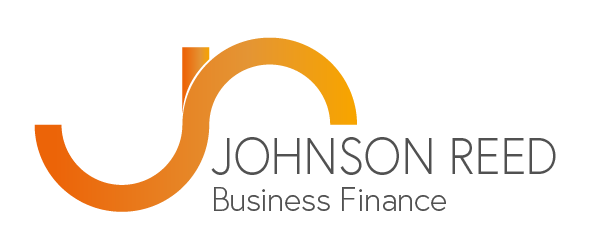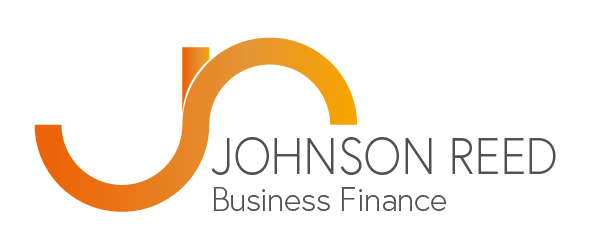Managing cash flow is essential for any business, small or large, and more so now than ever, as it allows a company to keep trading and making money, without managing cash flow, companies could find themselves in debt rather quickly. By definition, cash flow is the money coming in and out of a business, such as sales, investments, loans, product costs, overheads, staff wages, amongst other things. Managing cash flow well is ensuring that your expenditure does not outweigh your income, and your business is prepared for when this happens.
Create a forecast
By creating a forecast for your cash flow, money coming in and out of your business over a certain period, helping you to stay on top of cash. Revenue, such as cash coming in from sales or the services your business provides. By projecting sales such as bookings, repeat custom, subscriptions or regular payments, you can predict what your company is going to make over this period, being conservative to account for this figure being lower-than-expected, for whatever reason as recent times have demonstrated.
This is followed by your outgoings and expenses, creating a realistic figure of how much cash will be left in the account at the end of the month, and whether staff can be paid or not. By creating this forecast you are protecting your business from overspending, and preparing it for possible disruption to revenue. We emphasise the importance of living with the means of your business in another article, check it out.

Cash is king
This might as well be our catchphrase. We say it often enough because it is true, having cash in your business is important, which means having a healthy cash flow is too. With this in mind, it is important to consider your options when it comes to retaining cash in the bank whilst also having the resources to make money and pay bills. We work with businesses to ensure they can do this, and there are many options to consider to retain keep cash in your business for a rainy day. By thinking long term, monitoring cash flow regularly and investing cash into the business, as opposed to using it all to pay bills or buying a large piece of equipment, you can ensure the company has room to manoeuvre and be flexible with cash.
It is important to consider any possible government support options, especially during the current situation. Funding and loans such as the CBIL Scheme, Bounce Back Loan, Job Retention Scheme are all important in helping your business retain cash. If you have not received a CBILS Loan, take a look at our tips on how to do so, if you have, have a look at how to maximise your returns on the scheme. The government are taking measures to support business during these challenging times, so making the most of this can inject some needed financial support in the business, and help prepare it for the long term. By making the most of these finance facilities, you can boost your balance in the long term and give your business what it needs to maintain a positive cash flow.
Lease your equipment
We recommend that businesses get the best, most up-to date equipment by leasing it. There are several advantages to leasing over buying your equipment outright, with cash flow being the main one. Leasing allows you to operate as a business by having the equipment you need to provide your customers with a service or product, whilst not over committing by spending a large sum of money and giving your business a potential cash flow issue. By leasing you pay regular monthly payments for the equipment which enable you to maintain capital whilst still being profitable, as well as great tax benefits.
Equipment finance
In a similar vein, there are great benefits to equipment finance, in the long term there are clear payment options, and in the short term there are no large payments to be made, you can manage your cash flow and maximise revenue throughout the process. You can grow your business and plan your budgets with fixed repayments. The regular payments help to steady your cash flow, making it easier to plan. In addition, you can re-finance any existing assets to release equity into the firm, ensuring a good injection of cash, supporting your cash flow and bringing you a needed boost without having to lose any equipment.
Cut costs
It may seem like an obvious solution, but cutting down on unnecessary costs will reduce expenditure and help with your cash flow. Separating the essentials from the surplus or excessive spending can go a long way. Prioritising important expenses and decreasing unnecessary spending will allow you to focus on overheads, utilities or payroll. In addition, any services, leases or loans that could be renegotiated are an obvious opportunity to cut expenditure.
We’re happy to speak to any business about their finance needs, whether that be upgrading equipment, replacing equipment or purchasing brand new equipment, these options are second nature to us and always represent the sensible option for helping your business to grow.
Take a look at our video on how to manage your cash flow effectively here.
For further information please visit our website jr.vatu.dev, email [email protected] or call 0161 429 6949 our team for a no obligation chat.


